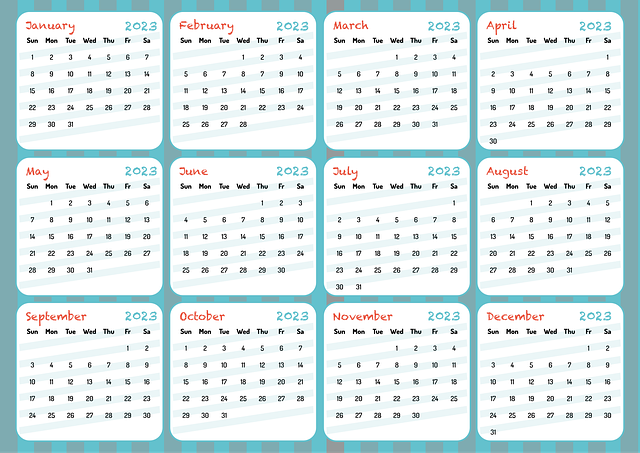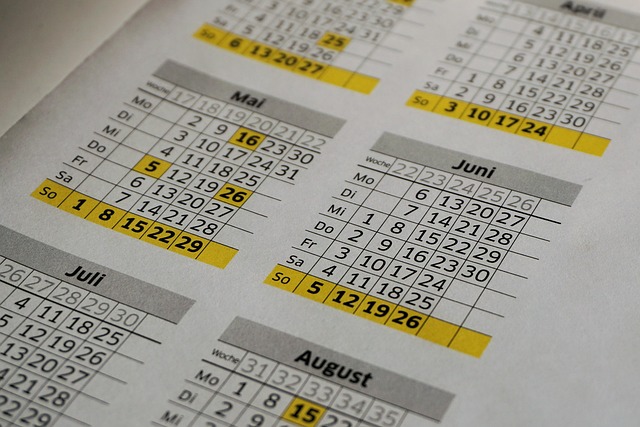Successful Event Planning for Local Businesses hinges on engaging with the community to understand its needs, interests, and trends. By incorporating cultural events, educational workshops, and addressing social issues, businesses can create impactful outreach that fosters connections and strengthens local engagement. Tailoring events to diverse perspectives and using data-driven market research ensures programs align with current affairs, attract larger audiences, and resonate with specific demographics.
Community outreach events are a powerful tool for local businesses to connect with their target audience. This article explores the art of planning successful initiatives that resonate with community needs and interests. From understanding demographics and conducting market research to developing creative event concepts, we’ll guide you through each step. Learn how strategic partnerships, effective promotion, and meticulous execution can transform your events into engaging experiences that foster local business growth and community engagement.
- Identifying Community Needs and Interests
- – Understanding the local community: demographics, cultural events, and common interests
- – Conducting market research and surveys to gauge business relevance and desired event themes
Identifying Community Needs and Interests

Identifying the needs and interests of your community is a crucial step in successful event planning for local businesses. By engaging with residents, business owners, and community leaders, you can gain valuable insights into what matters most to the people you aim to serve. This may include cultural events, educational workshops, or addressing social issues that require attention. Understanding these needs ensures that your outreach events are relevant, well-received, and make a positive impact.
Event planners should also consider local trends, popular topics, and emerging interests within the community. Staying abreast of these changes allows you to design programs that align with current affairs, attract larger audiences, and foster a sense of community engagement. Incorporating diverse perspectives and tailoring events to meet specific needs is key to building strong connections between businesses and their local clientele.
– Understanding the local community: demographics, cultural events, and common interests

Understanding your local community is a crucial step in successful event planning, especially for businesses looking to engage and connect with their neighbors. When organizing events for local businesses, it’s essential to consider the demographics of the area. This includes age groups, ethnic backgrounds, and socioeconomic factors, as these influence participation rates and interests. For instance, a family-friendly community event might attract younger families, while a senior-centric gathering could draw older residents.
Cultural events and traditions also play a significant role in community outreach. Local businesses should be aware of the diverse cultural celebrations and practices within their reach to ensure inclusivity. Incorporating these elements into event planning can foster a sense of belonging and appreciation. Additionally, identifying common interests among community members is key. Whether it’s a love for music, art, sports, or food, tapping into these shared passions will make events more compelling and encourage active participation from the local business community.
– Conducting market research and surveys to gauge business relevance and desired event themes

Before planning any community outreach events, it’s crucial to conduct thorough market research and surveys. This step is essential in Event Planning for Local Businesses as it helps to understand the business landscape and community needs. By gathering data on customer preferences and trends, businesses can tailor their event themes to resonate with their target audience, ensuring higher participation and engagement. Market research provides insights into what types of events are most appealing, preferred locations, and even the time of year when people are most likely to attend.
Surveys play a vital role in this process by directly engaging with potential attendees. Local businesses can distribute these surveys through various channels like email newsletters, social media, or in-store promotions. Questions should focus on gauging interest in specific event types, identifying popular themes, and understanding the community’s overall expectations from such gatherings. This data-driven approach allows for more effective planning, ensuring that outreach events not only attract but also delight the local business community and residents alike.
By understanding the unique needs and interests of their local community, businesses can create meaningful connections through targeted outreach events. Through market research and community engagement, event planners can identify themes that resonate with diverse demographics, fostering a sense of belonging and enhancing local business visibility. Implementing these strategies in Event Planning for Local Businesses paves the way for successful collaborations and a stronger, more vibrant community.
